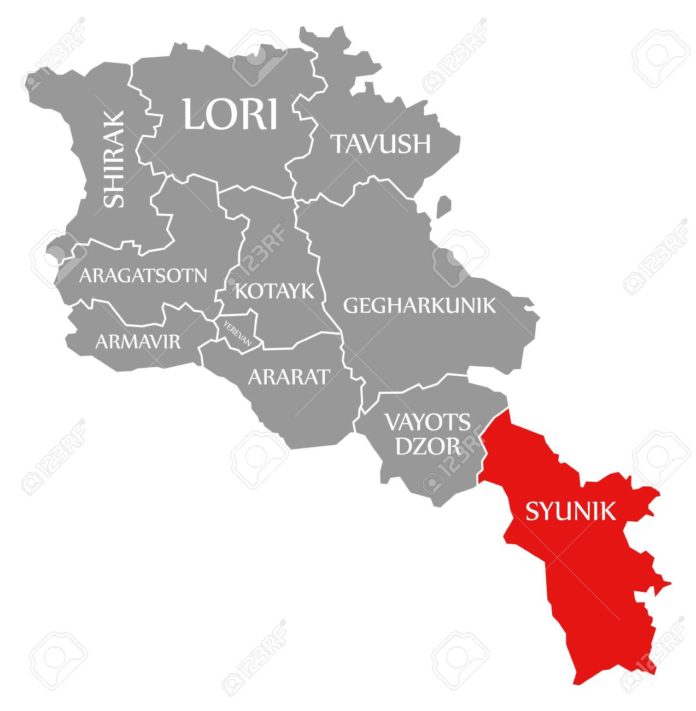By Seamus Duffy
It is too early to say whether an uneasy ceasefire between Iran and Israel will hold, granting Armenia a reprieve from the ominous strategic implications of the conflict. With the prospect of continued war hanging over Tehran, Armenia may find itself cut off from a crucial trade outlet, as well as have a weakened ability to resist Russian and Azerbaijani diplomatic pressure on issues with significant implications for Armenian sovereignty.
Prior to the start of the Iranian-Israeli conflict on June 13, Iran could be considered Armenia’s sole reliable trade link to the outside world, and even then, the Iranian route was plagued by bottlenecks. Turkish and Azerbaijani borders remain largely closed to Armenian trade, and Georgia in recent months has taken action – some analysts believe at the behest of the Kremlin – to disrupt Russia-bound exports.
Armenian trade turnover already has taken a big hit so far this year due to a Kremlin decision to curtail Armenia’s re-export of gems and precious metals; any reduction of exports via Iranian routes could only exacerbate Yerevan’s trade woes.
Iran also has been a crucial diplomatic backer of Armenia in the ongoing wrangling over the Zangezur Corridor, a proposed land bridge across Armenian territory that would connect Azerbaijan proper to its Nakhichevan exclave. To date, Armenia has adamantly opposed giving Azerbaijan any extraterritorial privileges on the Zangezur route, and Iranian officials feel the establishment of a corridor would jeopardize trade ties along the two nations’ “strategic“ border.
Armenian observers now worry that Baku, judging Iran to be strategically debilitated, may try to increase the diplomatic and military pressure on Yerevan.








